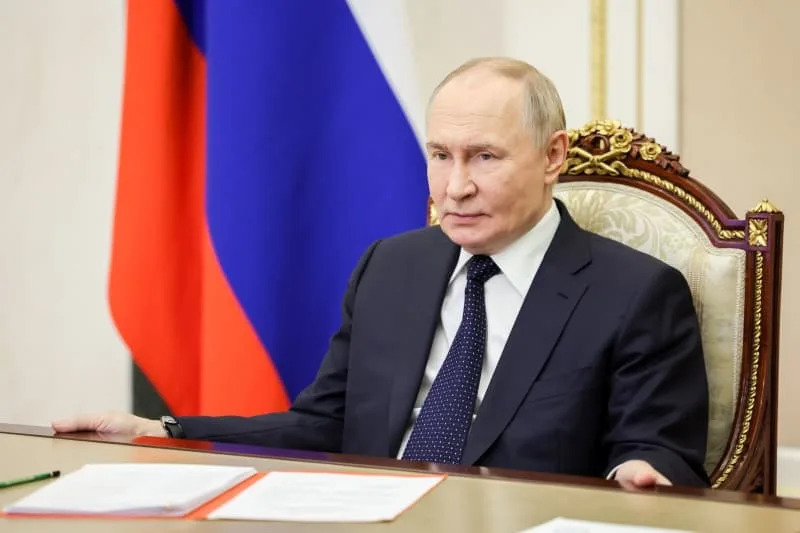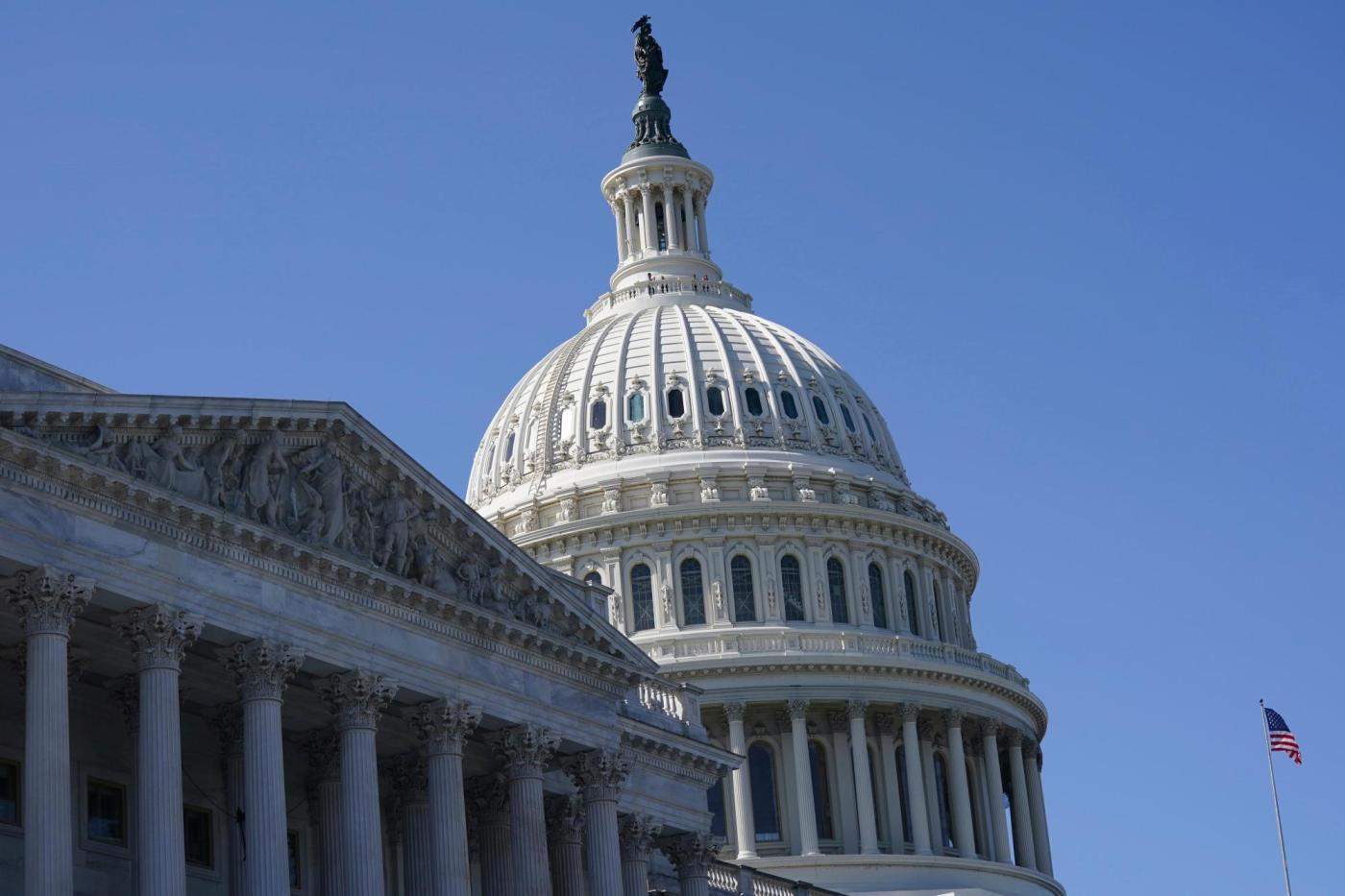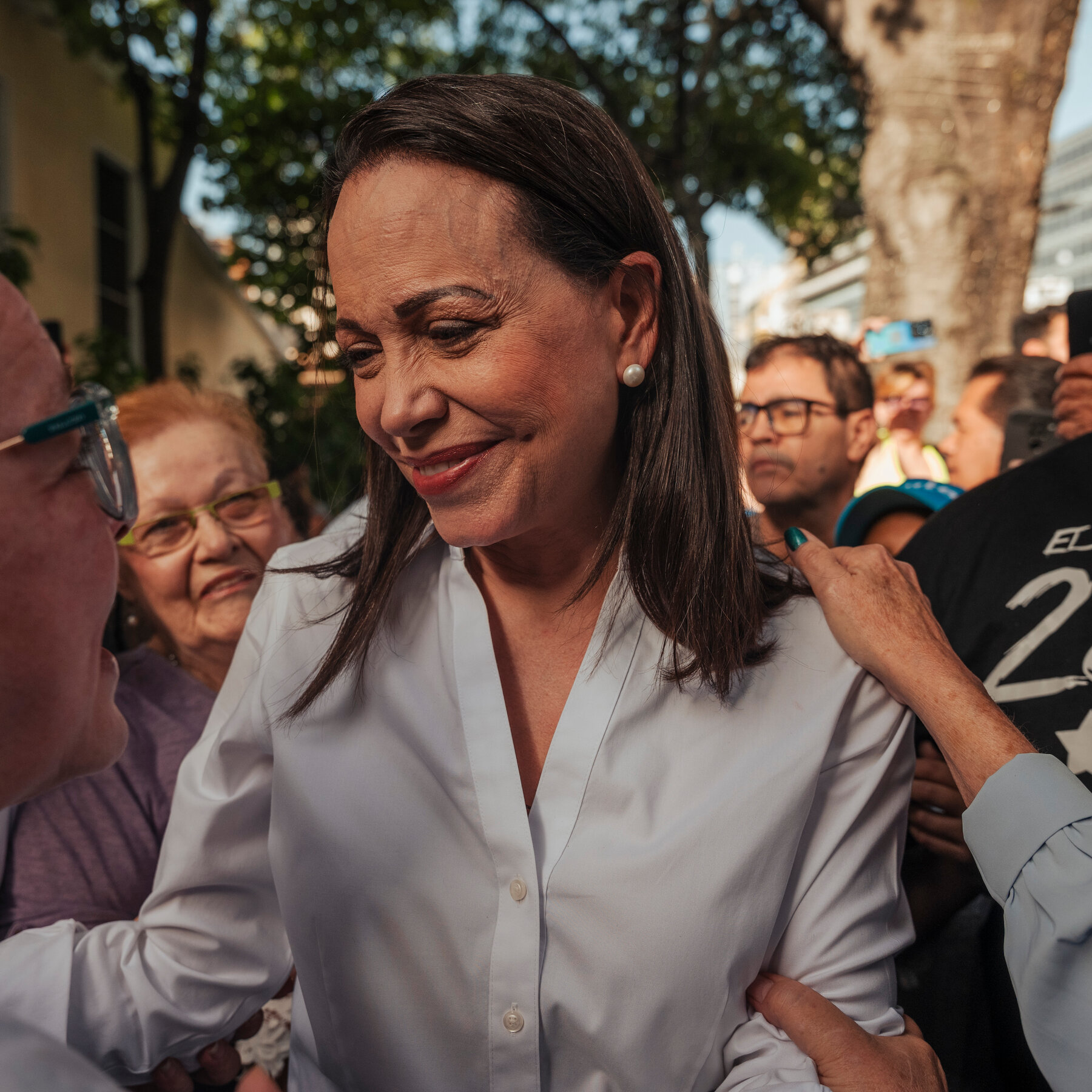Russian President Vladimir Putin will not attend the upcoming G20 summit in South Africa, scheduled from November 20 to 24, 2023. Instead, he has appointed Maxim Oreshkin, the deputy chief of staff of the presidential office, to lead the Russian delegation. This decision reflects Putin’s ongoing pattern of avoiding in-person attendance at major international gatherings since the full-scale invasion of Ukraine in 2022.
Oreshkin, 43, has previously served as Russia’s economy minister and currently holds the position of special envoy for economic cooperation within the BRICS+ group, which consists of Brazil, Russia, India, China, South Africa, and other nations. His appointment to lead the delegation signifies the importance of economic discussions at the summit, particularly in the context of Russia’s standing in the global economy.
Foreign Minister Sergei Lavrov will also be absent from the summit, delegating his responsibilities to one of his deputies. This marks a notable shift in representation for Russia at such high-profile events, as Lavrov has frequently played a central role in previous G20 meetings.
The G20 summit serves as a critical platform for leaders from major industrial and emerging economies to discuss global economic issues, trade, and cooperation. With a significant focus on economic recovery and stability, Oreshkin’s leadership may influence Russia’s engagement in discussions surrounding these pressing matters.
While the summit will see the participation of key global leaders, Russia’s absence at the highest level highlights ongoing geopolitical tensions and the complexities of international relations today. As discussions unfold in Johannesburg, the implications of Russia’s representation will likely resonate across various economic sectors globally.
The choice of Oreshkin underscores Russia’s attempts to maintain a presence in international economic dialogues, even as it navigates challenges stemming from its recent military actions. The outcomes of this G20 summit will be closely monitored, particularly regarding how member nations address the ongoing repercussions of the Ukraine conflict and its impact on global markets.







